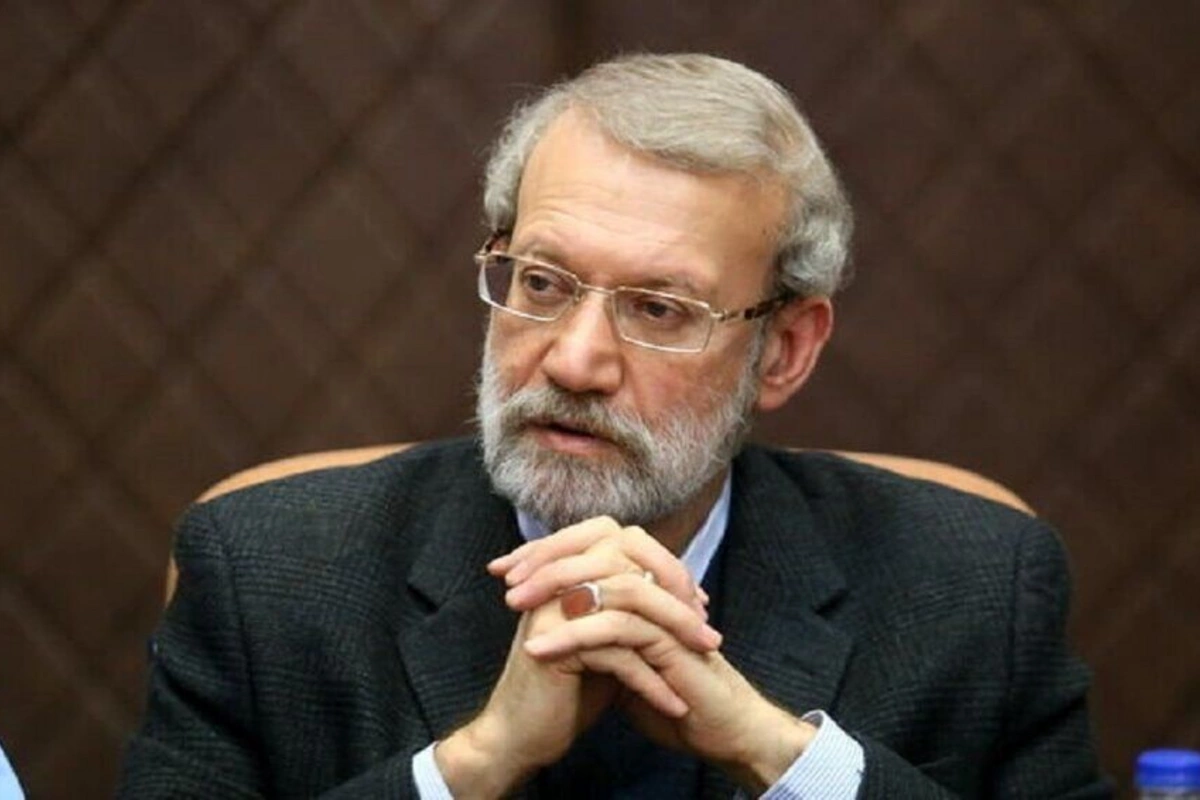
Since September 23, Israel has escalated its bombing of targets in Lebanon, later sending in ground troops after almost a year of limited, cross-border exchanges of fire initiated by Iran-backed Hezbollah militants over the Gaza war.
Photo: AFP
A senior adviser to Iran's supreme leader Ayatollah Ali Khamenei met Lebanese officials in Beirut Friday, the third high-profile Iranian solidarity visit since the Israel-Hezbollah war began in September.
Speaking after meeting Prime Minister Najib Mikati and Parliament speaker Nabih Berri -- a Hezbollah ally at the forefront of ceasefire negotiations -- Ali Larijani said he "hopes for a swift solution to the suffering of the Lebanese people", The Caspian Post reports, citing AFP.
Since September 23, Israel has escalated its bombing of targets in Lebanon, later sending in ground troops after almost a year of limited, cross-border exchanges of fire initiated by Iran-backed Hezbollah militants over the Gaza war.
International mediation efforts and persistent calls by the United States and France have failed to secure a ceasefire.
Larijani, asked by reporters about US mediation in the conflict, said Tehran "was not seeking to disturb anything".
"We are looking for solutions," he said, and accused Israel of stalling on reaching a solution.
"We support the Lebanese nation under any circumstances," Larijani added, later also saying that "we support the resistance under any circumstances", referring to Hezbollah which is financed and armed by Tehran.
Larijani was asked about the implementation of UN Security Council Resolution 1701, which ended the last major Israel-Hezbollah war in 2006, as a potential solution.
"Anything that the Lebanese authorities and the Lebanese resistance could accept, we are for," he said.
Resolution 1701 said the Lebanese army and UN peacekeepers should be the only armed forces deployed in the south, where Hezbollah currently holds great sway.
Since 2006, that resolution has helped keep the border region largely calm, until violence flared in October 2023 when Hezbollah launched attacks on Israel in stated support of its Palestinian ally Hamas.
The low-intensity clashes continued for nearly a year before escalating into full-blown war in late September.
Share on social media